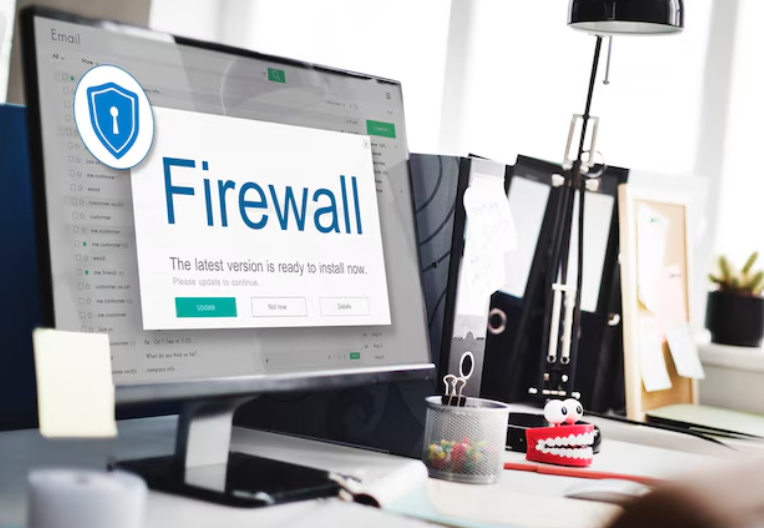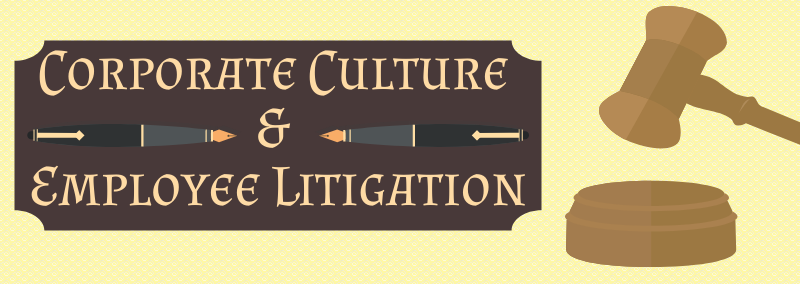The Hidden Crisis: Why Healthcare Organizations Need Professional Workplace Investigations

Working in healthcare means dealing with life-and-death situations daily. But there’s another crisis brewing behind hospital doors—one that threatens patient safety, destroys careers, and costs healthcare systems millions. I’m talking about workplace misconduct that goes far beyond typical office drama. After investigating hundreds of cases in medical facilities, we’ve seen how quickly things can spiral […]
The Cost of a Bad Hire: How Investigative Due Diligence Protects Companies

Hiring is one of the most critical decisions a company makes, directly impacting its bottom line, workplace culture, and legal standing. Yet despite best efforts, organizations often encounter the costly consequences of a bad hire. Whether it’s an employee who lacks the skills they claimed to have, engages in unethical behavior, or creates conflict within […]
How Companies Can Protect Intellectual Property from Insider Threats

Employee intellectual property (IP) theft has grown to be a major issue in a society going more and more technologically advanced. The dangers to private data have increased as more businesses choose digital collaboration and remote work. Employee misbehavior involving sensitive firm data—that is, insider threats—may cause significant financial and reputation harm. This article looks […]
Workplace Investigations in 2025: What Employers Need to Know

Workplace investigations are evolving in 2025 with new laws and shifting workplace cultures. Learn how employers can navigate these changes and ensure compliance.
Three Ways to Protect Your Business from Cyber Threats

In today’s digital age, businesses face a constant and growing risk of cyber threats. From stolen data to hacking, every organization is vulnerable. However, with the right steps, you can protect your business from cyber threats like corporate investigations and theft. At Lauth Investigations International, we specialize in cyber investigations and workplace investigations to help […]
DOJ’s New Corporate Whistleblower Program – What You Need to Know

The U.S. Department of Justice (DOJ) started a new corporate whistleblower test program on August 1, 2024. The goal of the program is to make businesses more open and responsible. This program is meant to get people to report wrongdoing at work by giving them money if they do. People who give information can then […]
Why You Should Hire a Private Investigator to Help Navigate Potential Workplace Discrimination

From our base in the heart of central Indiana, members of the Lauth Investigations team periodically find ourselves heading out to support a diversity of corporate entities as they navigate a workplace discrimination investigation. For any business owner – be their enterprise small of vast – the idea that workplace discrimination might be festering is […]
Working From Home Forces Review of Corporate Culture

Working from home used to only be a dream for some people. The COVID-19 pandemic has changed the world in many significant ways, but none so illuminating as how the workforce views capitalism and corporate culture. At the onset of the pandemic, most businesses were forced to cease onsite operations in order to comply with […]
How Internal Investigations Improve Corporate Culture
Internal investigations are a tricky and turbulent tide that intimidates many corporations and organizations into staying out of the water all together. Internal investigations can be costly and draw on precious time and resources that are needed elsewhere within the organization. Employees within the corporation or organization might not have the necessary training to conduct […]
Corporate Culture & Employee Litigation
